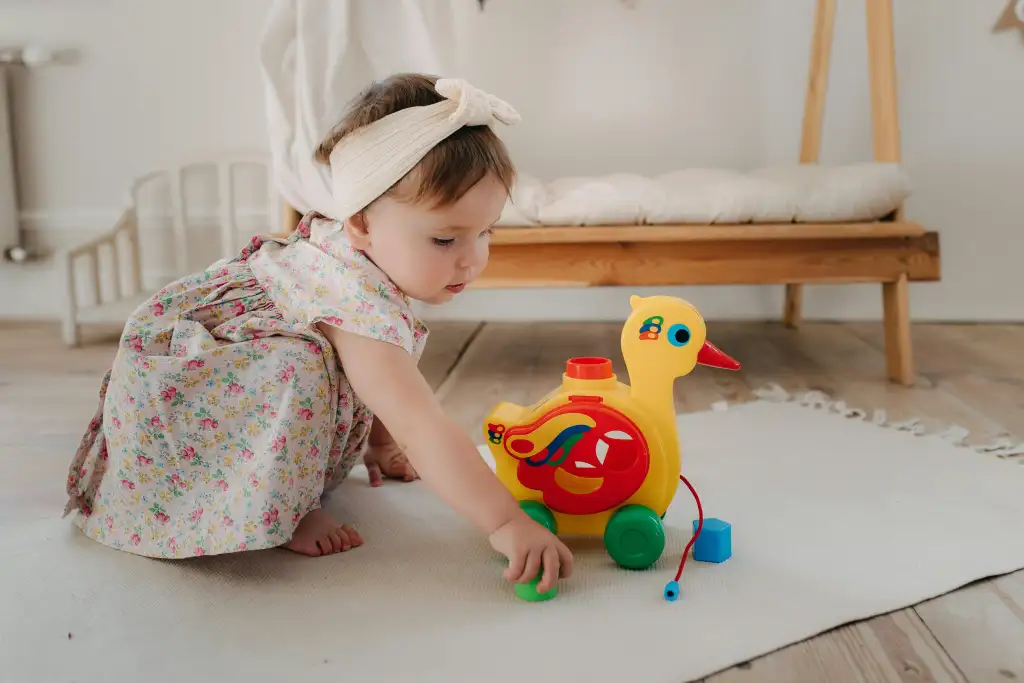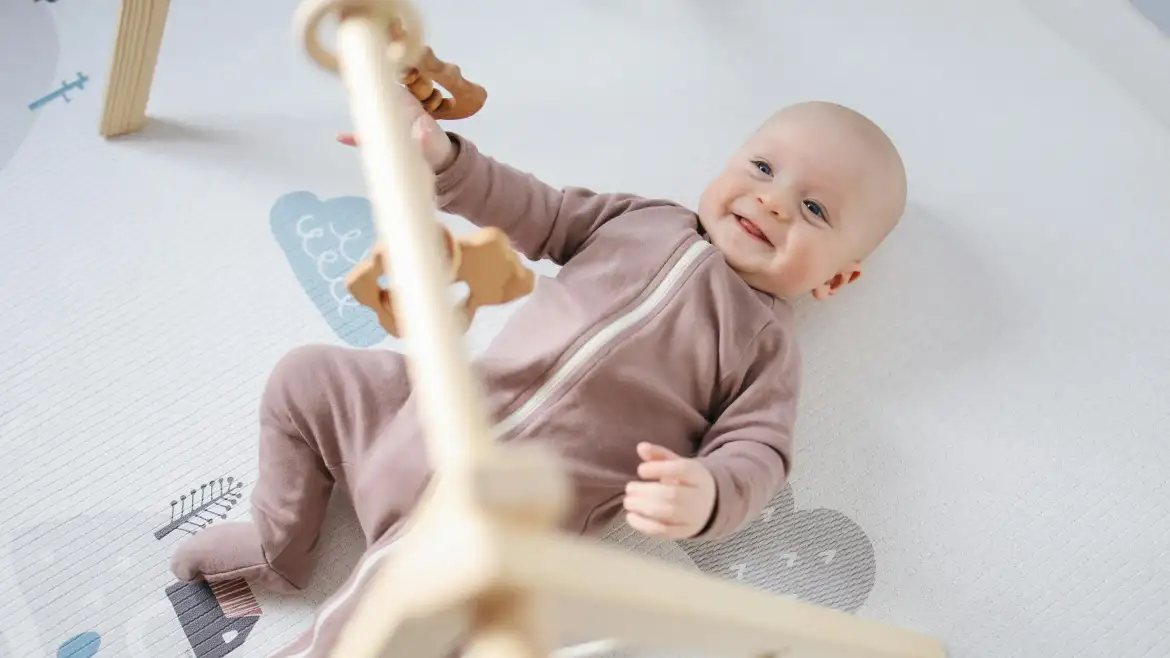Choosing the right infant daycare is a big decision for any parent. Most articles highlight the basics—like early learning, socialization, and structured play—but there’s so much more you should know before enrolling your baby. If you’re searching for infant care in Singapore, this article uncovers the overlooked (but essential) details that can help you choose with confidence.
Here are 9 important things that many parents only learn after they’ve already signed up for a program.
1. How Much Does Infant Daycare Actually Cost?
Many centers skip over pricing details in their marketing materials. But for most families, the cost is a key factor.
In Singapore, infant daycare fees can range from $800 to over $2,000 per month, depending on the center, location, and whether it’s a government-supported facility or private institution. Extra costs—like registration fees, late pick-up penalties, or special programs—can also add up.
You may also want to check if you’re eligible for childcare subsidies through Singapore’s ECDA, especially if both parents are working.
💡 Tip: Always request a full fee breakdown, and ask if you’re eligible for childcare subsidies. If you’re unsure where to begin, this helpful guide on infant care in Singapore can give you a clearer picture.
2. Are the Caregivers Properly Qualified?
Your baby deserves more than just a warm smile—they need skilled, qualified caregivers. Look for infant daycare centers where staff are trained in:
- Infant CPR and first aid
- Early childhood development
- Managing emotional and physical milestones
Ask about caregiver-to-child ratios and staff turnover. The more consistent the caregivers, the more secure your child will feel.
3. Separation Anxiety Happens—And It’s Normal
That first drop-off can be tough. Babies often experience separation anxiety around 6–9 months of age. Crying, clinginess, or disrupted sleep are normal.
To help:
- Start with shorter stays if possible
- Create a simple goodbye ritual
- Bring a familiar toy or blanket for comfort
And remember—your feelings matter too. A good infant daycare will support you just as much as your baby during the transition.

4. Real Parent Reviews Matter More Than Brochures
Marketing materials always show happy babies and glowing classrooms. But what do parents actually say?
Before committing, read Google Reviews, check Facebook parenting groups, and ask the center if you can speak to current families. Look for consistency in feedback—especially around caregiver quality, cleanliness, and communication.
Avoid centers that avoid questions or have high staff turnover.
5. What Are the Security and Safety Measures?
Safety isn’t just about clean floors—it’s about knowing your baby is protected.
Good questions to ask:
- Is there CCTV? Can parents access it?
- What’s the process for sign-in/out?
- Are all visitors screened?
- What happens in emergencies?
Live updates or secure parent portals can also build peace of mind. If you’re choosing infant care in Singapore, centers like Little Unicorn Preschool offer transparency as a core value.
6. What Happens If My Baby Gets Sick?
Babies get sick—especially in group settings. That’s unavoidable. What matters is how the daycare responds.
Look for:
- Clear illness policies
- Hygiene protocols
- Communication systems for notifying parents
- Staff trained to handle fevers, allergic reactions, or other health concerns
If your child must stay home, ask about make-up days or refund policies.

7. Day-to-Day Policies You Might Miss
There’s a lot hidden in the fine print, like:
- Late pick-up fees
- Holiday closures
- Emergency closure rules
- Attendance flexibility
Before enrolling, ask for a copy of the parent handbook. It’ll help you understand what to expect—and avoid surprises later.
8. Should You Choose Daycare, a Nanny, or Stay-at-Home Care?
Every family is different. While infant daycare offers structure, socialization, and a curriculum, a nanny might give your baby more personalized attention at home. Meanwhile, stay-at-home care lets you build a close bond—but can be exhausting without support.
Consider:
- Your work schedule
- Financial flexibility
- Your child’s temperament
- Long-term plans
There’s no one-size-fits-all solution. You may even combine options (e.g., daycare three days a week, nanny part-time).
9. Some Daycares Offer Hidden Gems (You Just Have to Ask)
Not all programs stop at feeding and naptime. Some centers offer:
- Bilingual exposure
- Music and movement classes
- Baby yoga or massage sessions
- Montessori or Reggio-inspired methods
- Outdoor sensory play
These enriching activities can support your baby’s development in joyful, meaningful ways. When exploring infant daycare, ask what makes their program unique.
Frequently Asked Questions (FAQ)
Q: How do I know if an infant daycare is trustworthy?
Check caregiver qualifications, health/safety protocols, and parent reviews. A transparent center will welcome your questions.
Q: How early should I register my baby?
Popular centers fill up fast. It’s wise to start touring and applying 3–6 months before you need care.
Q: Is infant daycare better than hiring a nanny?
Both have pros and cons. Daycare provides structure and social interaction; a nanny offers one-on-one care. It depends on your child’s needs and your family situation.
Ready to Explore Infant Care with Confidence?
Choosing the right infant daycare doesn’t have to feel overwhelming—especially when you know what to look for.
If you’re looking for a nurturing, transparent, and developmentally enriching environment in Singapore, explore Little Unicorn Preschool. Their warm and qualified caregivers, thoughtful curriculum, and open communication are just what growing babies—and parents—need.

👉 Have more questions or want to book a tour? Contact the Little Unicorn team here. They’re happy to help guide you every step of the way.



